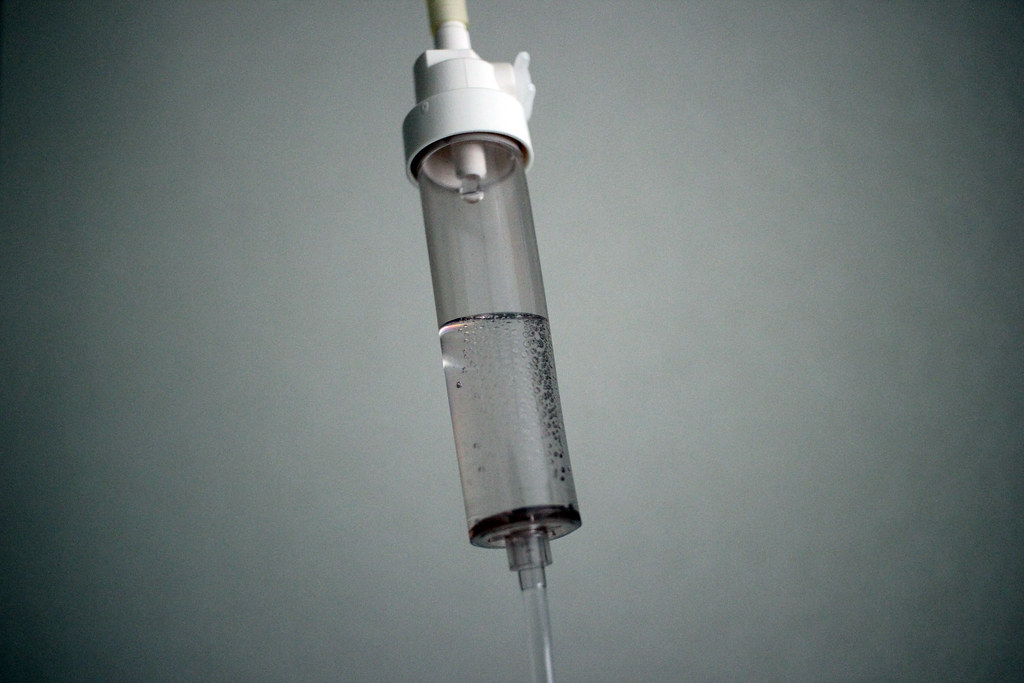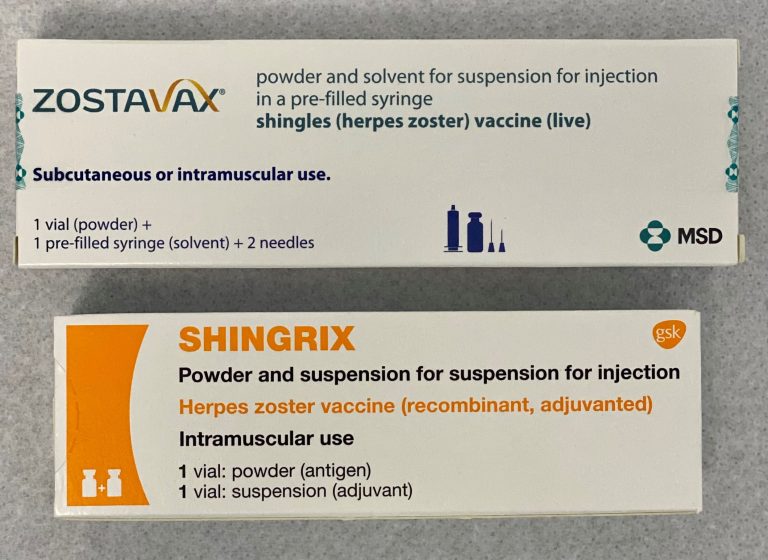GSK plc (LON/NYSE: GSK) has announced positive headline results from a planned interim efficacy analysis of the DREAMM-7 head-to-head phase III trial evaluating belantamab mafodotin as a second-line treatment for relapsed or refractory multiple myeloma. The trial met its primary endpoint of progression-free survival (PFS) and showed that belantamab mafodotin when combined with bortezomib plus dexamethasone (BorDex) significantly extended the time to disease progression or death versus daratumumab plus BorDex, an existing standard of care for relapsed/refractory multiple myeloma. A strong and clinically meaningful overall survival (OS) trend with nominal p value < 0.0005 was also observed at the time of this analysis, and the trial continues to follow up for OS.
· Blenrep (belantamab mafodotin) plus BorDex showed statistically significant progression-free survival (PFS) benefit versus daratumumab plus BorDex
· Trial unblinded early based on Independent Data Monitoring Committee (IDMC) recommendation
Hesham Abdullah, Senior Vice President, Global Head Oncology, R&D, GSK, said: “Patients with multiple myeloma need treatment options after first relapse that are efficacious, readily accessible and have novel mechanisms of action. We are particularly encouraged by the potential for belantamab mafodotin when combined with BorDex to address high unmet need in relapsed/refractory multiple myeloma, given the head-to-head comparison with the daratumumab-based standard of care regimen.”
The safety and tolerability of the belantamab mafodotin regimen was consistent with the known safety profile of the individual agents.
Results from the interim analysis will be presented at an upcoming scientific meeting and shared with health authorities.
The DREAMM (DRiving Excellence in Approaches to Multiple Myeloma) clinical development programme continues to evaluate the potential of belantamab mafodotin in early lines of treatment and in combination with novel therapies and standard of care treatments. This includes the ongoing head-to-head phase III DREAMM-8 trial evaluating belantamab mafodotin in combination with pomalidomide and dexamethasone versus bortezomib in combination with pomalidomide and dexamethasone. DREAMM-8 data are expected in the second half of 2024.
About DREAMM-7
The DREAMM-7 phase III clinical trial is a multicentre, open-label, randomised trial evaluating the efficacy and safety of belantamab mafodotin in combination with bortezomib and dexamethasone (BorDex) compared to a combination of daratumumab and BorDex in patients with relapsed/refractory multiple myeloma who previously were treated with at least one prior line of multiple myeloma therapy, with documented disease progression during or after their most recent therapy.
A total of 494 participants were randomised at a 1:1 ratio to receive either belantamab mafodotin in combination with BorDex or a combination of daratumumab and BorDex. Participants had been previously treated with at least one prior line of multiple myeloma therapy with documented disease progression during or after their most recent therapy. Belantamab mafodotin was dosed at 2.5mg/kg intravenously every three weeks.
The primary endpoint is progression-free survival as per an independent review committee. The key secondary endpoints include overall survival, duration of response, and minimal residual disease negativity rate as assessed by next-generation sequencing.
About multiple myeloma
Multiple myeloma is the third most common blood cancer globally and is generally considered treatable but not curable.1,2 There are approximately 176,000 new cases of multiple myeloma diagnosed globally each year.3 Research into new therapies is needed as multiple myeloma commonly becomes refractory to available treatments.4
About Blenrep
Blenrep is an antibody-drug conjugate comprising a humanised B-cell maturation antigen monoclonal antibody conjugated to the cytotoxic agent auristatin F via a non-cleavable linker. The drug linker technology is licensed from Seagen Inc.; the monoclonal antibody is produced using POTELLIGENT Technology licensed from BioWa Inc., a member of the Kyowa Kirin Group.
Refer to the Blenrep EMA Reference Information (https://www.ema.europa.eu/en/medicines/human/EPAR/blenrep) for a full list of adverse events and the complete important safety information in the EU.










































